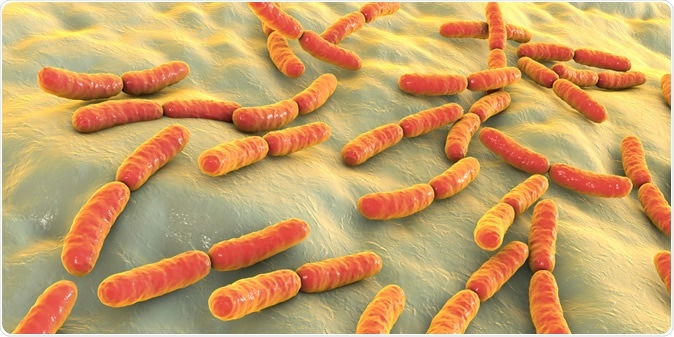Premature infants who fail to grow as expected or thrive may have problems with the development of their microbiome, a new study suggests.
A team of researchers at Ann & Robert H. Lurie Children's Hospital of Chicago found that extremely premature babies fail to grow while others develop normally due to certain metabolic differences triggered by specific gut microbiome alterations.
The study, which was published in the Scientific Reports, shows that the reason behind why premature infants fail to thrive or develop normally like other infants despite similar caloric intake is because their bodies respond as if they were fasting. The study also suggests that the unique makeup of gut bacteria might also be linked to their inability to appropriately metabolize certain nutrients.
“Our identification of the distinct features within the microbiome and metabolism associated with growth failure might point to new ways to predict, prevent and treat this pervasive problem among preterm infants," Dr. Patrick Seed, Associate Chief Research Officer of Basic Sciences at Ann & Robert H. Lurie Children's Hospital of Chicago and co-author of the study said.
He added that current medicine lacks the ability to determine infants who are at highest risk for growth failure. The study on microbiome may pave the way to guide individualized care for preterm infants.

Bacteria Lactobacillus, 3D illustration. Normal flora of small intestine, lactic acid bacteria. Illustration Credit: Kateryna Kon / Shutterstock
Prematurity and the baby’s needs
During the first few months in a premature baby’s life are mostly focused on critical care providing the needed nutrients for healthy development. Over the past decades, the quality of care and nutritional practices in dealing with a premature baby has dramatically improved. These had led to many babies coping well with infancy and becoming healthy children.
But, some infants may have problems with nutrition and they do not progress at the same rate as their peers. What’s more, some preterm babies seem to be unable to metabolize nutrients are effective as others. Hence, the researchers believe that the differences in gut microbiome make up may play a pivotal role in the baby’s ability to develop normally.
The gut bacteria
The gastrointestinal tract consists of trillions of microbes. This means that there is more gut bacteria present in the digestive tract than the cells found in the body. From there, there are at least 400 species of bacteria and they’re crucial for digestion of food, synthesizing nutrients and vitamins, and fighting off harmful pathogens. Overall, they are vital for overall health.
Research shows that specific microbiome characteristics are major factors in the development of certain conditions, including asthma, obesity, allergies, diabetes, depression, autoimmune disease, and some types of cancer.
Also, among premature infants, some studies have shown that their gut bacterial composition is markedly different in those who were born at the right age.
"In our study, we investigated the relationships between the intestinal microbiome, metabolism, and growth in preterm infants. The significant associations we found will need to be reproduced by more studies in the future,” Dr. Seed explained.
The new study followed 58 preterm babies, all with an average age of gestation of 26 weeks. When they turned 40 weeks, about 60 percent of the babies had severe postnatal growth failure, which means their weight was less than the third percentile on growth charts.
Moreover, 36 infants had growth failure and the rest developed normally. Also, the groups had persistent differences in gut bacteria and metabolism regardless of complications of prematurity, including intestinal perforation, intestinal inflammation or necrotizing enterocolitis, and blood infection or sepsis.
They also found that premature infants, particularly those who fail to grow had altered maturation of gut bacteria. They also found delayed metabolic development, suggesting deficiencies in the metabolism of glucose and other non-lipid compounds. They, therefore, depend on fatty acids. The infants are in a consistent state like fasting.
“This might explain why simply increasing caloric supply for infants with growth failure often does not work. In order to develop effective treatments, we need to better understand how their inability to utilize nutrients for energy is influenced by delayed maturation of the microbiome and metabolism,” Dr. Seed added.
The researchers believe that the study, specifically comparing microbiome and metabolism of infants, can help improve preterm baby development and interventions in the future.
Journal reference:
Younge, N., Newgard, C., Cotton, M., Goldberg, R., Muehlbauer, M.J., Bain, J., Stevens, R., O’Connell, Rawls, J., Seed, P., and Ashley, P. (2019). Disrupted Maturation of the Microbiota and Metabolome among Extremely Preterm Infants with Postnatal Growth Failure. Scientific Reports. https://www.nature.com/articles/s41598-019-44547-y